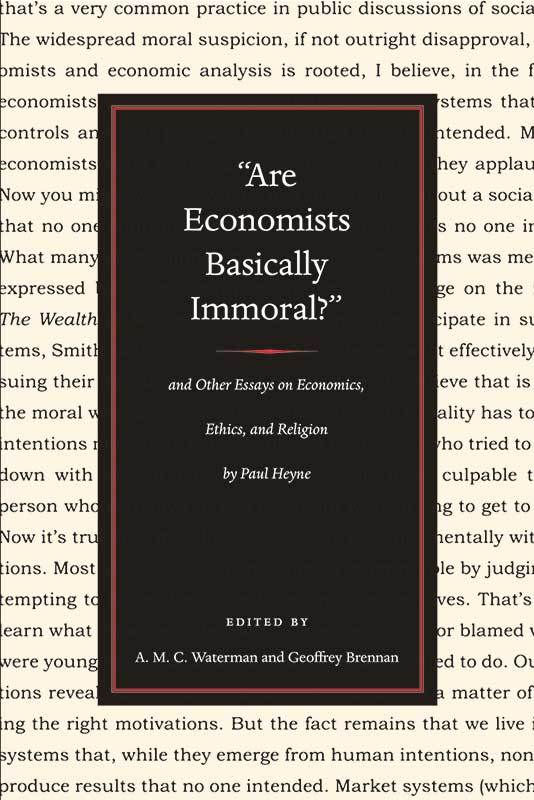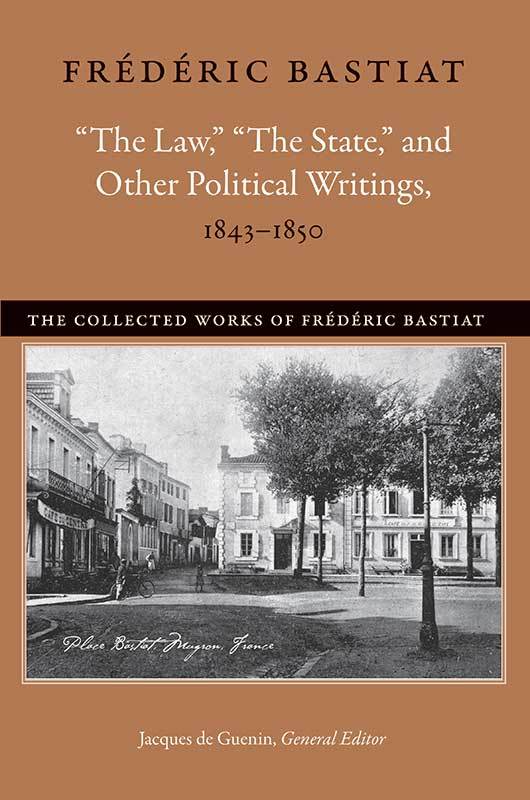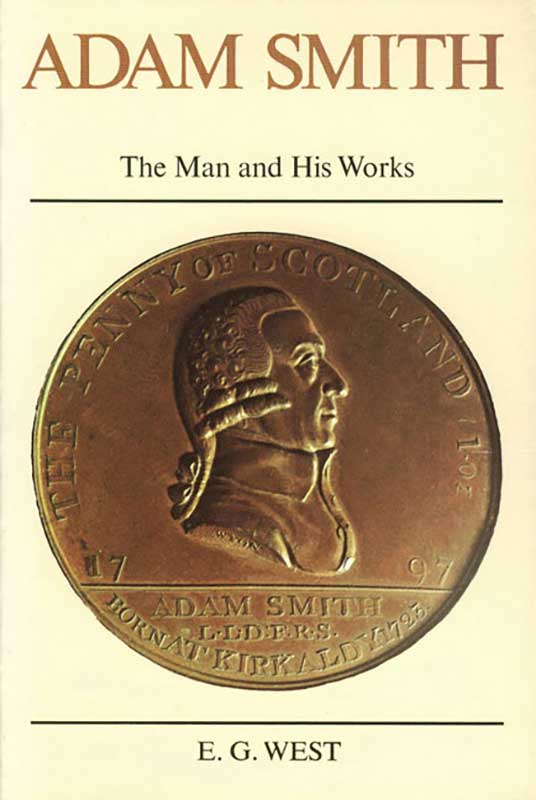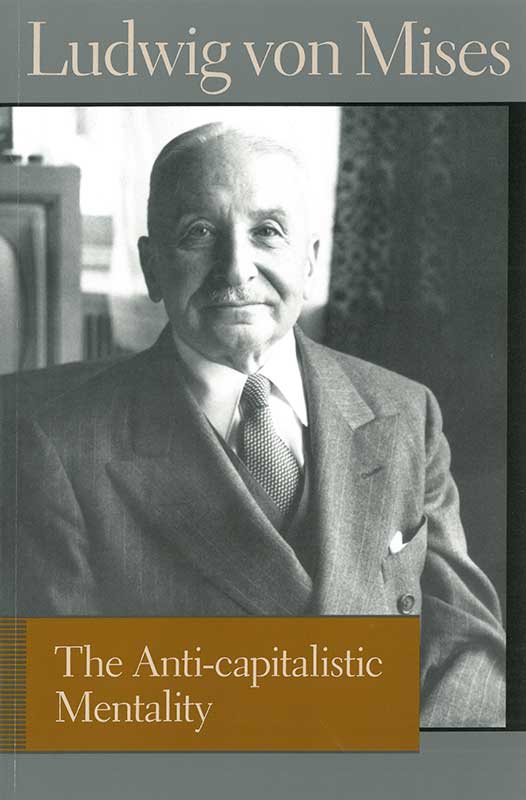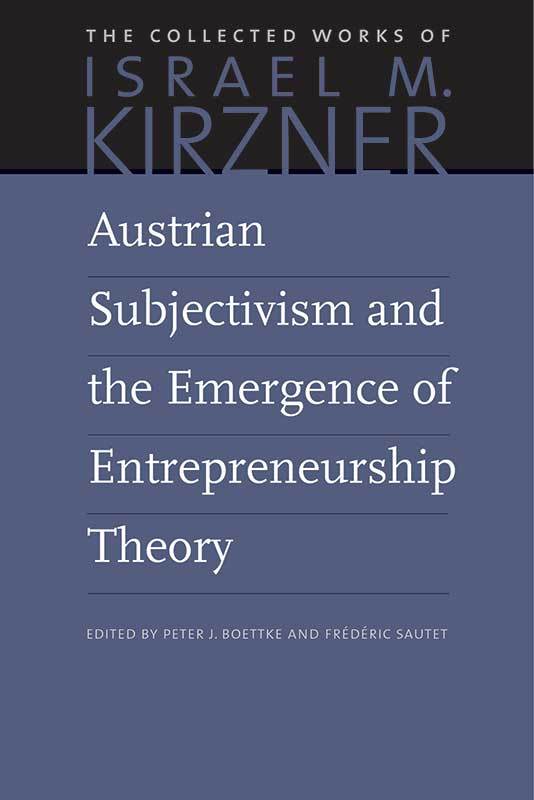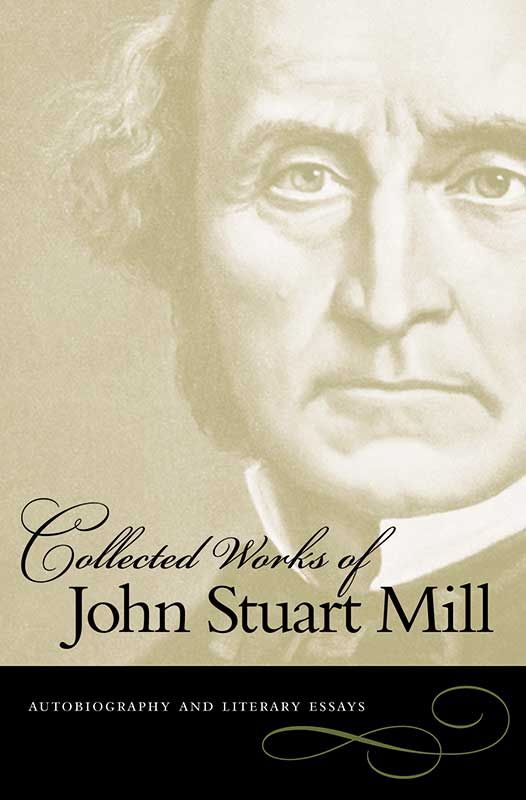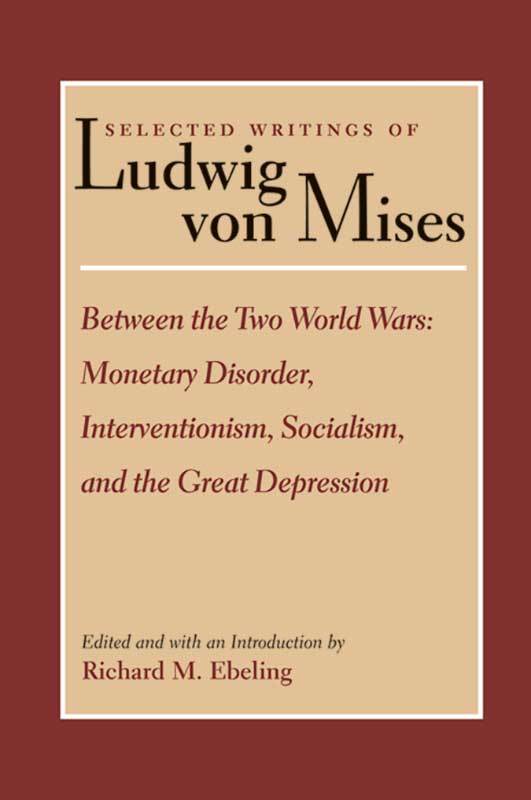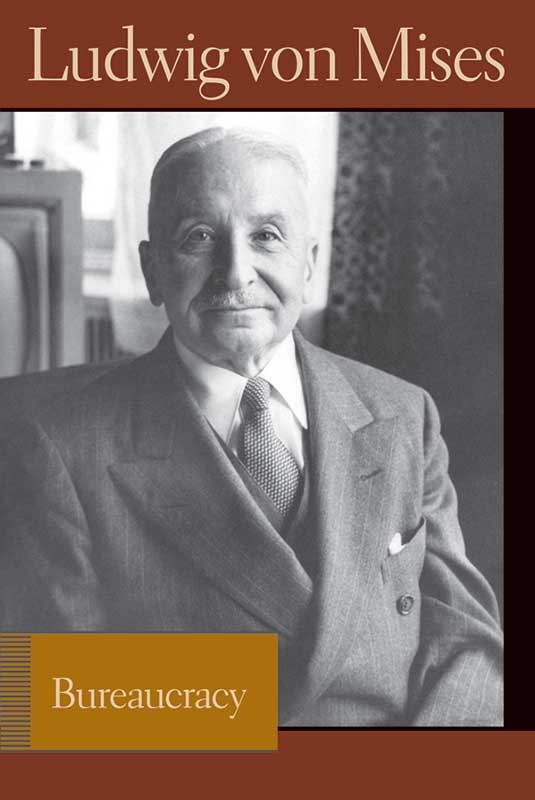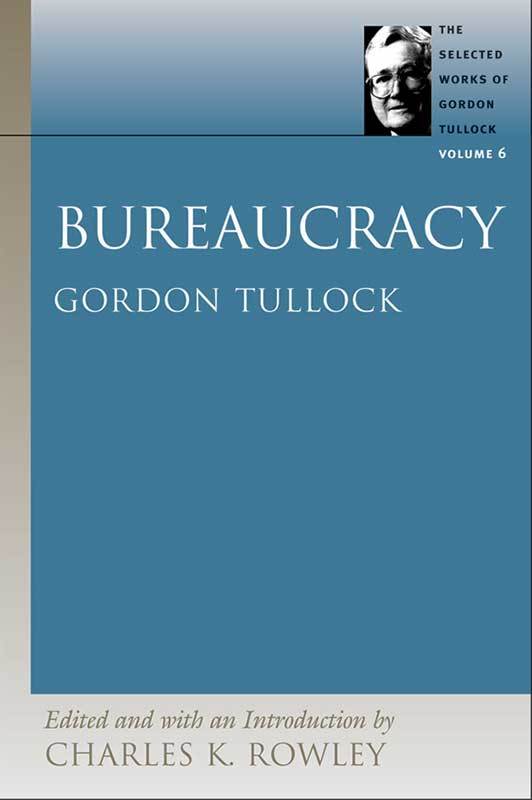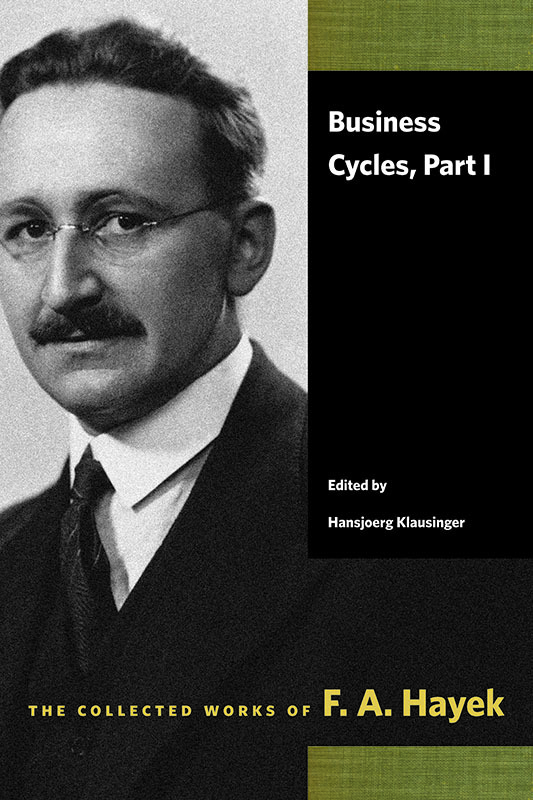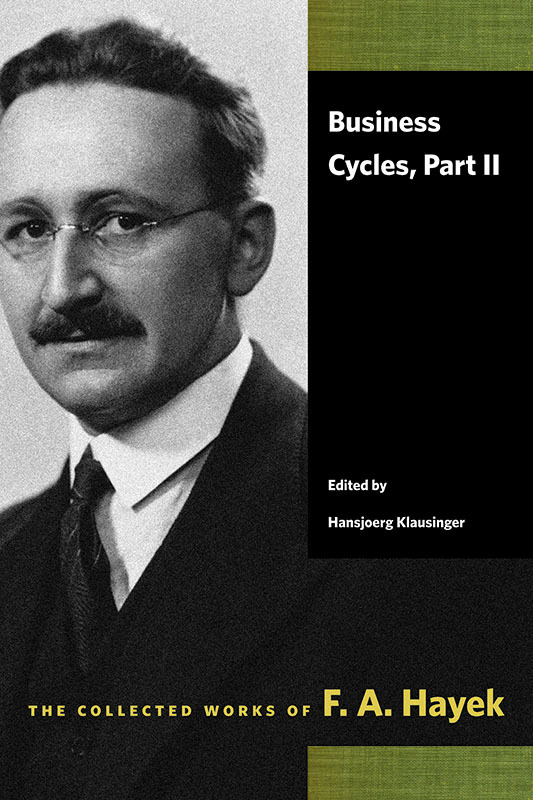Economics
Our economics collection showcases classic works in the discipline. Many of our titles explore how economic reasoning applies to political science and other social sciences, as well as the relevance of economics as moral philosophy. A consistent theme is the view that economics is the study of human choice and its consequences, both intended and unintended.
Download Catalog-
“Are Economists Basically Immoral?” And Other Essays on Economics, Ethics, and Religion by Paul Heyne
by Paul Heyne
/ Learn MoreA well-trained theologian, a gifted and dedicated teacher of economics for over forty years, and the author of a highly regarded and widely-used textbook, The Economic Way of Thinking, Paul Heyne influenced generations of students of economics. Many of the essays in this volume are published here for the first time. The editors have divided Heyne’s essays thematically to cover…
-
“The Law,” “The State,” and Other Political Writings, 1843-1850
by Frédéric Bastiat
/ Learn More“The Law,” “The State,” and Other Political Writings, 1843–1850, collects nineteen of Bastiat’s “pamphlets,” or articles, ranging from the theory of value and rent, public choice and collective action, government intervention and regulation, the balance of trade, education, and trade unions to price controls, capital and growth, and taxation. Many of these are topics still relevant and debated today. In…
-
Adam Smith
by E. G. West
/ Learn MoreAdam Smith, author of The Wealth of Nations, was no dry pedant. His lectures and writings are alive with examples taken from the busy eighteenth-century world around him, and Edmund Burke praised his literary style as “rather painting than writing.” It was Adam Smith who taught moral philosophy and literary criticism to Boswell at the University of Glasgow, and in…
-
The Anti-capitalistic Mentality
by Ludwig von Mises
/ Learn MoreIn The Anti-capitalistic Mentality, the respected economist Ludwig von Mises plainly explains the causes of the irrational fear and hatred many intellectuals and others feel for capitalism. In five concise chapters, he traces the causation of the misunderstandings and resultant fears that cause resistance to economic development and social change. He enumerates and rebuts the economic arguments against and the…
-
Austrian Subjectivism and the Emergence of Entrepreneurship Theory
by Israel Kirzner
/ Learn MoreAustrian Subjectivism and the Emergence of Entrepreneurship Theory comprises several of Kirzner’s previously published papers on the subjects of methodological subjectivism and the history of entrepreneurship theory—topics of primary importance in Kirzner’s economic thought because one cannot fully understand entrepreneurship theory without considering subjectivism. The volume includes Kirzner’s seminal paper “Methodological Individualism, Market Equilibrium, and Market Process,” in which “Kirzner…
-
Autobiography and Literary Essays
by John Stuart Mill
/ Learn MoreLiberty Fund is pleased to make available in paperback eight of the original thirty-three cloth volumes of the Collected Works of John Stuart Mill that were first published by the University of Toronto Press that remain most relevant to liberty and responsibility in the twenty-first century. Born in London in 1806 and educated at the knee of his father, the…
-
Between the Two World Wars
by Ludwig von Mises
/ Learn MoreIn 1934, Ludwig von Mises left his native Austria in fear of the Nazis, who seized all his papers in 1938 in Vienna and, Mises thought, destroyed them, but the papers were not destroyed. In 1996, Richard and Anna Ebeling discovered the papers in an archive in Moscow. This volume from Liberty Fund represents a treasure trove of important essays.
-
Biographical Miscellany
by David Ricardo
/ Learn MoreThis volume is a collection of personal correspondence and first-person recollections that focus on Ricardo’s life outside of his political economic endeavors. These missives concern the aspects of Ricardo’s life that surround his character, his amiable and generous nature, his successful business dealings, and his personal relationships. It includes a memoir written by one of his brothers that sheds light…
-
Bureaucracy
by Ludwig von Mises
/ Learn MoreBureaucracy contrasts the two forms of economic management—that of a free-market economy and that of a bureaucracy. In the market economy entrepreneurs are driven to serve consumers by their desire to earn profits and to avoid losses. In a bureaucracy, the managers must comply with orders issued by the legislative body under which they operate; they may not spend without…
-
Bureaucracy
by Gordon Tullock
/ Learn MoreBureaucracy provides access to two important and influential books on bureaucracy by Gordon Tullock: The Politics of Bureaucracy (1965) and Economic Hierarchies, Organization and the Structure of Production (1992). When The Politics of Bureaucracy was published in 1965, bureaucracy was viewed by many people as benign—serving the public good with objectivity and omniscience. In Economic Hierarchies, Organization and the Structure…
-
Business Cycles, Part I
by F. A. Hayek
/ Learn MoreIn the years following its publication, F. A. Hayek’s pioneering work on business cycles was regarded as an important challenge to what later became known as Keynesian macroeconomics. Today, as debates rage on over the monetary origins of the current economic and financial crisis, economists are once again paying heed to Hayek’s thoughts on the repercussions of excessive central bank…
-
Business Cycles, Part II
by F. A. Hayek
/ Learn MoreIn the years following its publication, F. A. Hayek’s pioneering work on business cycles was regarded as an important challenge to what later became known as Keynesian macroeconomics. Today, as debates rage on over the monetary origins of the current economic and financial crisis, economists are once again paying heed to Hayek’s thoughts on the repercussions of excessive central bank…
60% OFF YOUR ENTIRE BOOK PURCHASE
Save up to 60% and get free shipping as part of our Holiday Sale. Visit our Promotions Page to learn more!
Offer expires January 31, 2026

